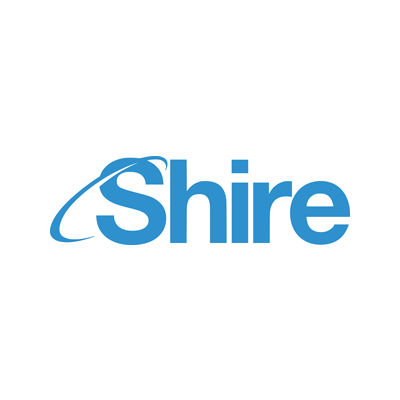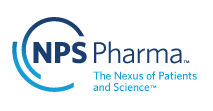Abstract:Previous studies have shown that magnesium salts and the noncompetitive N‐methyl‐D‐aspartate (NMDA) receptor antagonist, NPS 1506, attenuated short‐term cognitive deficits and histopathological changes associated with traumatic brain injury (TBI). We evaluated the long‐term effects of both therapies after brain trauma. Young adult rats were subjected to parasagittal fluid‐percussion brain injury and received either MgSO4 (125 μmol/400 g rat; n = 12) 15 min post‐injury, NPS 1506 (1.15 mg/kg; n = 12) 15 min and 4 hr post‐injury, or vehicle (n = 9) 15 min post‐injury. Uninjured animals (sham) received vehicle (n = 10). Learning function in these animals was evaluated using a water maze paradigm 8 months after injury or sham treatment, and the brains were examined for cortical and hippocampal tissue loss. Compared to sham animals, injured vehicle‐treated animals displayed a substantial learning dysfunction, indicated by an increased latency to find a hidden platform in the water maze (P < 0.001). No improvements in learning, however, were found for injured animals treated with NPS 1506 or MgSO4. Injury induced >30% loss of tissue in the ipsilateral cortex in vehicle‐treated animals that was not reduced in animals treated with either NPS 1506 or MgSO4. Treatment with MgSO4 significantly reduced progressive tissue loss in the hippocampus (P < 0.001). These findings are the first to demonstrate long‐term neuroprotection of hippocampal tissue by an acute treatment in a TBI model. These data also show that the previously reported broad efficacy of MgSO4 or NPS 1506 observed shortly after brain trauma could not be detected 8 months post‐injury. © 2004 Wiley‐Liss, Inc.







